The residents of Bulgaria’s marine capital Varna and those who live along the Black Sea coast known that there is no life in the Black Sea below a depth of 150 meters, because of the lack of oxygen and the fact that its waters are rich in hydrogen sulfide. They wonder why the population of the Black Sea turbot, a rare and very valuable fish, has been constantly declining? They are also trying to learn why sprat is disappearing from the Black Sea and what happened to the population of the popular seahorse?
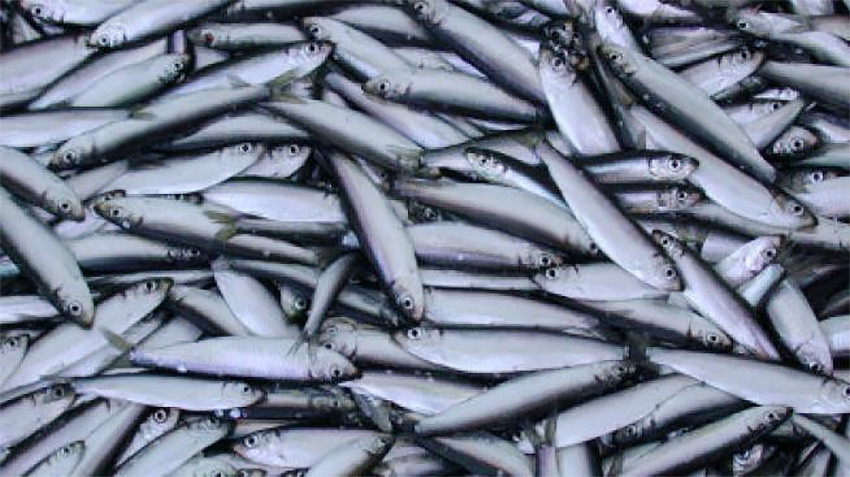
The scientists from the Institute of Oceanology with the Bulgarian Academy of Science know the answer of these and many other questions. According to the monitoring of the institute, which was conducted in the recent years, fish stocks of all fish species in the Black Sea have decreased, Dr. Radoslava Bekova, who is an author of the recently presented report, explained in an interview for Radio Varna, BNR.
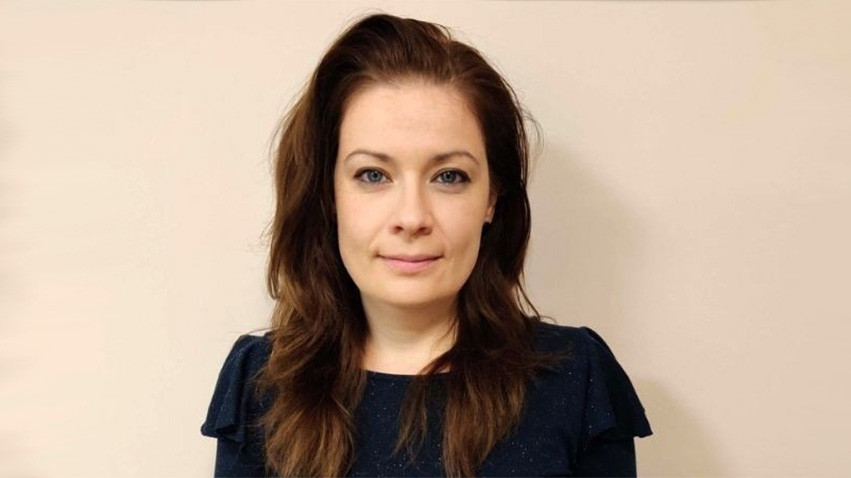
“In 2017 and 2018 the Institute of Oceanology with the Black Sea Basin Directorate conducted a pilot monitoring. We found that the water was heavily polluted with artificial polymer waste (plastic).
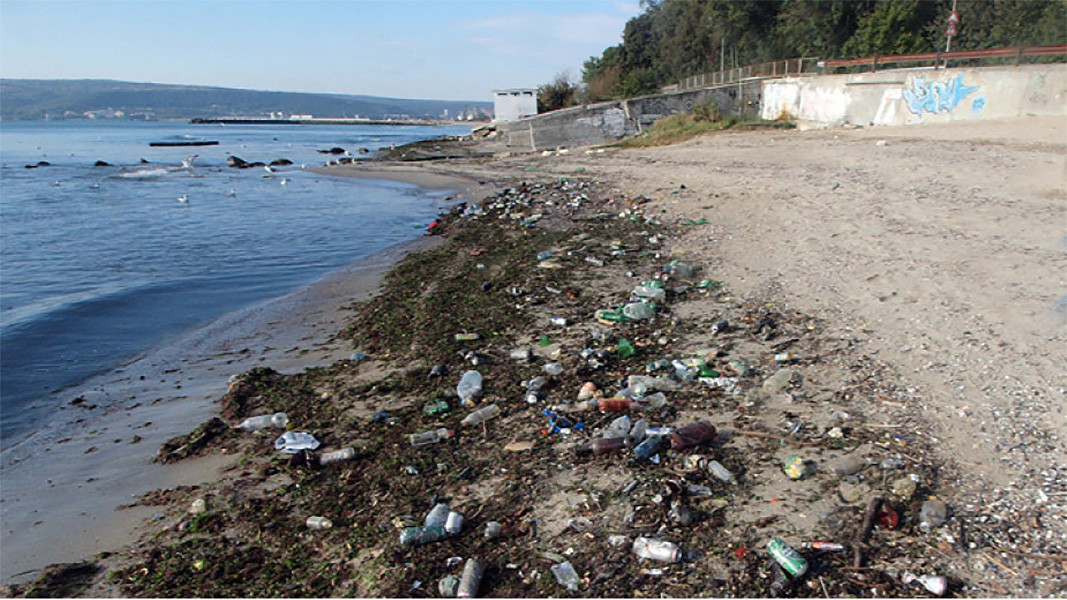
Polluted waters, which flow into the Black Sea, are also a problem for turbot and all types of demersal fish. The wastewater treatment plants do not have enough capacity to cope with the huge tourist flow during the summer tourist season. Some colleagues, who are making studies in this area, say that the seawater is slightly cleaner, because of the coronavirus pandemic and the lower number of tourists. The authorities need to make investments aimed at increasing the capacity of the wastewater treatment plants, because the whole water quantity is discharged in the Black Sea. Moreover, wastewater is discharged into the flow of large rivers such as the Danube and Kamchia. The waters of these rivers contain extremely high quantities of nitrogen and phosphorus, which cause the blooming of the phytoplankton. As a result, the seawater is running out of oxygen. Moreover, the temperature of the seawater has increased by 3 to 4 degrees Celsius, which has changed the life cycle of the fish species. Things are interconnected. The changes affect all organisms-from the phytoplankton to the top of the food chain in the Black Sea- the three species of dolphins. ”
This year the Institute of Oceanology will monitor the impact of the environment over the population of veined rapa whelk, the white mussel and the black mussel in the Black Sea, announced Dr. Bekova. She reminded that three decades ago trawl fishing was unregulated, which led to permanent damage of the seabed and the habitats of the local species. In her words, this is due to the lack of control and the fact that the institutions are not taking the conclusions of the scientists into account:
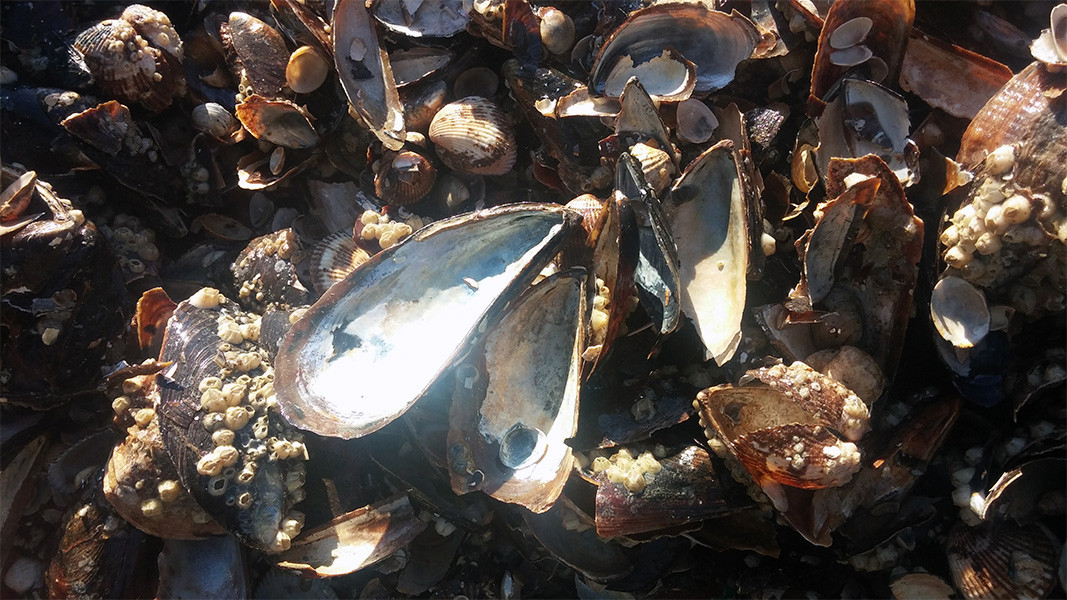
This is a global problem. Fish in all water basins are becoming smaller, summarized Dr. Radoslava Bekova. “A possible environmental catastrophe stemming from overfishing depends on people’s attitudes and the management in this field as a whole”, reminded the researcher.

“We are trying to sound the alarm about the problems, but we are understood very rarely. The authorities are not paying attention to the problem, because ecology is an expensive undertaking and requires huge investments and restrictions, which is not to the liking of various industries. Overbuilding along Bulgaria’s Black Sea coast is one of the biggest environmental problems. The Driver’s Beach, also known as Alepu is an extremely beautiful place.
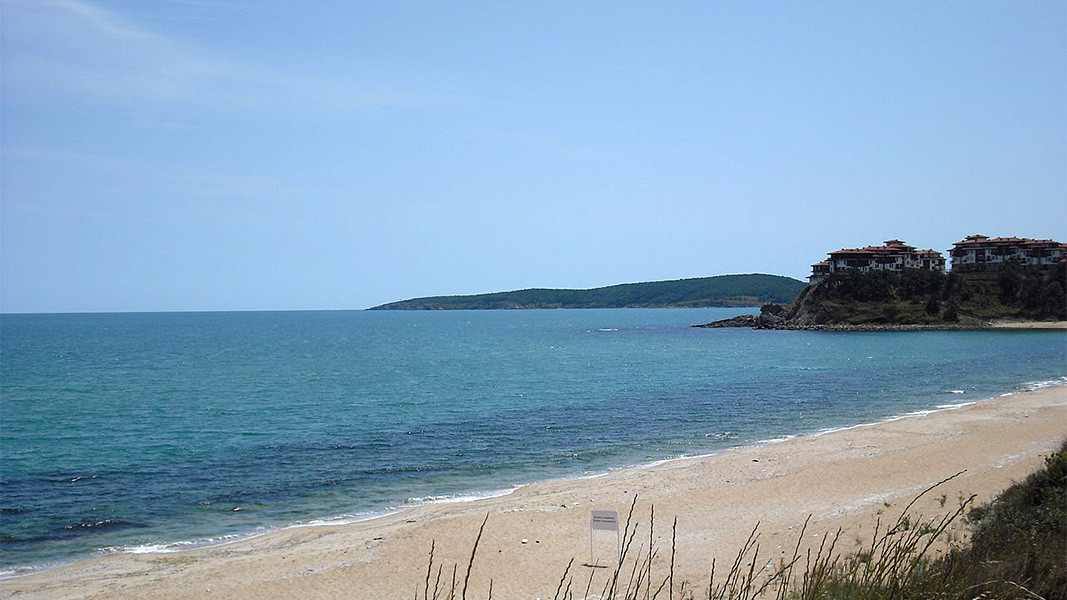
Unfortunately, the construction of large hotels has begun on its northern and its southern part. Alepu Swamp, which is part of the NATURA 2000 network of protected areas, is also located there. The swamp is a habitat of unique fish and bird species and we must preserve this life for the future generations.”
Compiled by: Gergana Mancheva (based on interview by Valeri Velikov, Radio Varna, BNR)
English version: Kostadin Atanasov
Photos: BGNES, io-bas.bg and archiveThe usurpation of cultural heritage is one of the many inevitable consequences of any military conflict, both historically and today. Until the end of the war in Ukraine, it is impossible to adequately analyse the extent of the damage caused to the..
Athens plans to modernise the Greek army by 2030 Greece's Defence Minister Nikos Dendias presented the plan for changes in the army to the parties in parliament. The reforms will cover all three branches of the military. By 2030, 33 units..
A short video kaleidoscope of the "untold stories" of worthy Bulgarians - scientists, entrepreneurs, engineers, artists - who have contributed to our country's good image in the eyes of the world opened an unconventional public forum that showcased the..
At the Bulgarian Embassy in London, Prof. Bettany Hughes presented excerpts from the new BBC series - Wonders of Bulgaria. Prof. Bettany..
Over 3.5 million Ukrainians have arrived in or passed through Bulgaria since the beginning of the war. Nearly 200,000 people have found temporary..
An innovation for the treatment of diabetic foot ulcer using the patient's own tissue and artificial intelligence has been implemented at the University..

+359 2 9336 661
